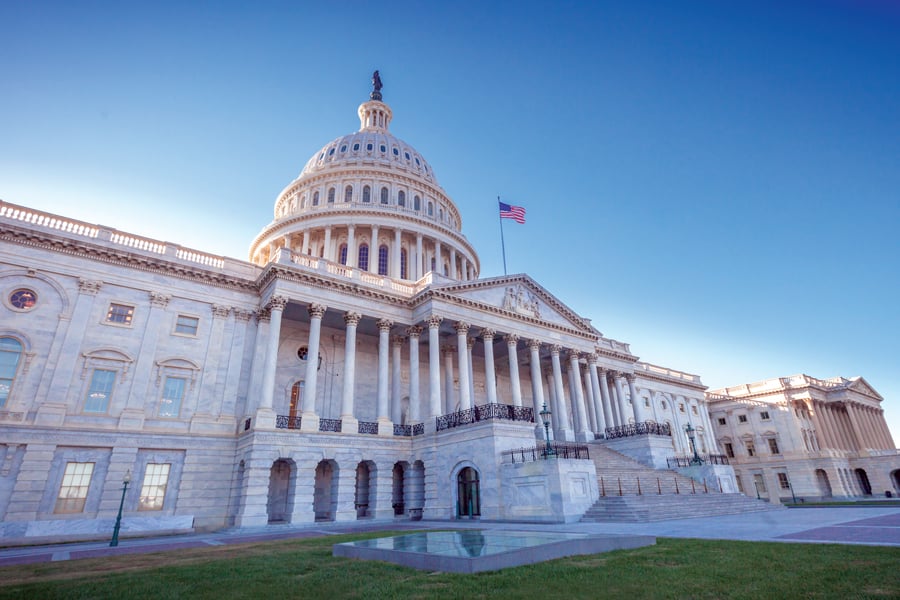Investment advisers applauded legislation recently passed by a House committee to expand health savings accounts, but the measures face a difficult road ahead.
Last week, the House Ways and Means Committee
approved a roster of bills designed to increase HSA contribution limits and the number of people who qualify to use them.
"It's exciting to see Congress recognize that we need to expand the use and availability of HSAs and to remove some of the limitations," said Peter Stahl, president of consulting firm Bedrock Business Results.
One of the bills would
increase the annual contribution limits — currently $3,400 for an individual and $6,900 for couples — by allowing contributions to the amount of the deductible and out-of-pocket limitations. HSAs are paired with high-deductible health plans.
Another bill would enhance the ability of
spouses to contribute to HSAs, and another would allow
seniors who are still working to continue to contribute to HSAs.
Investment advisers were happy to see the House action because HSAs — tax-advantaged savings and investment accounts for medical expenses that are expected to reach about
$52 billion in assets next year — are becoming increasingly popular with their clients.
"We're encouraging it, and for the most part our clients are taking advantage of HSAs," said John Jespersen, lead financial adviser for Buttonwood Financial Group. "From a fiduciary perspective, it makes sense to empower individuals to take greater responsibility for their health care."
Ned Hodder, owner of Hodder Investment Advisors, said he is noticing more interest in HSAs from young clients as well as 401(k)-plan clients, who are both looking for ways to increase tax-deferred savings.
Money in HSAs can be contributed and withdrawn tax-free for medical expenses. In retirement, money withdrawn for non-medical uses is subject to income tax.
"I'd like to see the amount you can contribute increase," Mr. Hodder said.
Fidelity Investments also backs the HSA reform bills.
"Proposals that would increase contribution limits and allow for spousal catch-up would position HSAs as an even more valuable tool for health savers," Meg Reilly, Fidelity vice president for policy communications, wrote in an email.
Adjusting those limits upward is likely to be a struggle this year. Most of the HSA bills approved last week drew significant Democratic opposition.
Rep. Richard Neal, D-Mass., ranking member of the House Ways and Means Committee,
asserted at last Wednesday's committee vote that the bills are designed to undermine the Affordable Care Act.
"The provisions we are considering today provide America's wealthiest another option to stash tax-free money at a cost of $92 billion to tax payers," Mr. Neal said. "Most of the legislation today does very little for the average American. Instead, we should be strengthening and protecting already existing health programs like the ACA, Medicare and Medicaid — not slashing them."
The bills could be approved by the Republican-majority House but then stall in the Senate, where Democrats have enough members to filibuster.
"It's difficult to get any legislation passed because it's purely along partisan lines," Mr. Stahl said.
Roy Ramthun, president and founder of HSA Consulting Services, sees a glimmer of hope.
"We're mostly hearing [from Democrats] about Medicare for All, but I'm sure there is some support for HSAs at the center of the political spectrum," Mr. Ramthun said. "Moderate Democrats don't have a big objection to HSAs."
The fact that HSA expansion ideas are getting committee votes now gives them momentum.
"It would not surprise me to see some of them make their way into legislation that becomes law," said Jack Towarnicky, executive director of the Plan Sponsor Council of America. "If not this year, then in future years."







